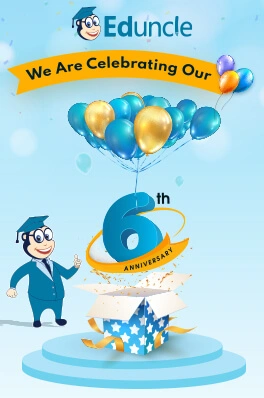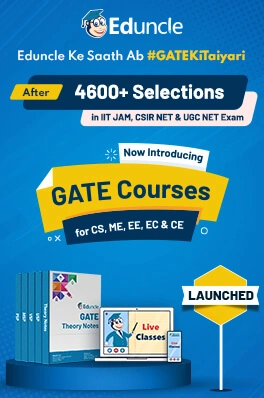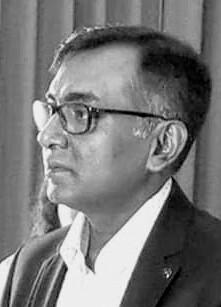Time management is very much important in IIT JAM. The eduncle test series for IIT JAM Mathematical Statistics helped me a lot in this portion. I am very thankful to the test series I bought from eduncle.
Nilanjan Bhowmick AIR 3, CSIR NET (Earth Science)- UGC NET
- English
Do provide key information on wimsatt's - the verbal icon : study in the meanings of poetry
- 0 Likes
- 2 Comments
- 0 Shares
-
![comment-profile-img]() >
>
Deb dulal halder Halder Best Answer
The sixteen essays in this volume form a series of related focuses upon various levels and areas of literary criticism. W.K. Wimsatt's assumption is that practice and theory of both the past and the present are integrally related-that there is a continuity in the materials of criticism-that a person who studies poetry today has a critical concern, not merely a historical interest, in what Aristotle or Plato said about poetry. He regards the great perennial problems of criticism as arising not by the whim of a tolerantly pluralist choice, but from the nature of language and reality. With profound learning and insight, Wimsatt treats almost the whole range of literary criticism. The first group of essays deals with fallacies he believes are involved in prevalent approaches to the literary object. The next two groups face the responsibilities of the critic who defends literature as a form of knowledge; they treat various problems of structure and style. The last group undertakes to examine the relation of literature to other arts, the relation of evaluative criticism to historical studies, and the relation of literature not only to morals, but more broadly to the whole complex of the Christian religious tradition.
Do You Want Better RANK in Your Exam?
Start Your Preparations with Eduncle’s FREE Study Material
- Updated Syllabus, Paper Pattern & Full Exam Details
- Sample Theory of Most Important Topic
- Model Test Paper with Detailed Solutions
- Last 5 Years Question Papers & Answers
Sign Up to Download FREE Study Material Worth Rs. 500/-










 >
>







Payal![best-answer]()
this book contains 16 essays which were written over a period of 11 years. they were written without giving a thought that they might become book in future. the titles of 16 essays are: 1. the intentional fallacy 2. the affective fallacy 3. the Chicago critics : the fallacy of the neoclassic species 4. the concrete universal 5. poetry and morals: a relation reargued 6. the structure of romantic nature imagery 7. symbol and metaphor 8. the substantive level 9. one relation of rhyme to reason 10. rhetoric and poems : Alexander Pope 11. when is variation elegant 12. verbal style: logical and counter logical 13. the domain of criticism 14. explication as criticism 15. history and criticism: a problematic relationship 16. poetry and Christian thinking the 2 popular essays of the intentional fallacy and the the affective fallacy included in this book